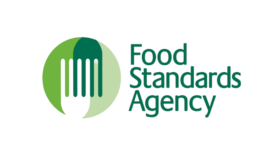Home » Keywords: » COVID-19
Items Tagged with 'COVID-19'
ARTICLES
Supply Chain Management: A Year in Review
To understand supply chain disruptions in a more systematic way, broader scenario planning and more rigorous work processes are needed
October 9, 2022
Get our eMagazine delivered directly to your inbox
Stay in the know on the latest science-based solutions for food safety.
SUBSCRIBE TODAY!Copyright ©2024. All Rights Reserved BNP Media.
Design, CMS, Hosting & Web Development :: ePublishing










